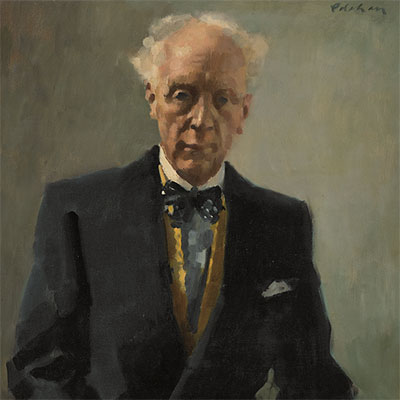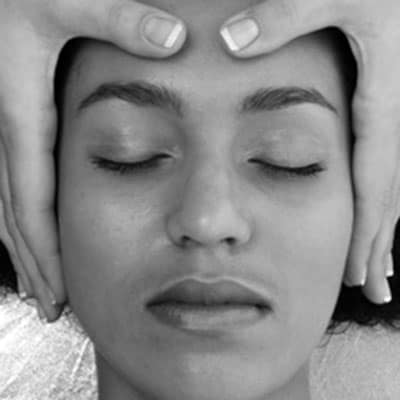
“People don’t come to therapy to change their past, but their future.”
Milton H. Erickson, revered American psychiatrist who specialised in medical hypnosis and family therapy.
What is hypnotherapy?
Hypnotherapy is a form of complementary therapy which uses the power of positive suggestion to bring about subconscious change to our thoughts, feelings and behaviour.
The process itself aims to alter our state of consciousness in a way that relaxes the conscious part of the mind while simultaneously stimulating and focussing the subconscious part. This heightened state of awareness – reached using skilled relaxation techniques – allows the therapist to then make appropriate suggestions, which can help treat psychological conditions and effect behavioural changes.
Hypnotherapy can help many people to change habits, behaviours and thoughts, and success is affected hugely by a client’s own commitment and determination to change.
All hypnosis is self-hypnosis
The biggest hypnotic secret is that the power is in the client and not the hypnotherapist. All hypnosis is self-hypnosis, and while a hypnotherapist facilitates deep relaxation and then offers relevant suggestions, the person who is guided into hypnosis is the person in charge.
Hypnotherapy can help with…
Hypnotherapy is widely endorsed as a treatment for habit breaking, stress-related issues and for a range of long-term conditions. In recent years it has been gaining recognition in the medical world after the National Institute for Health and Care Excellence (NICE) recognised hypnotherapy as a useful treatment for Irritable Bowel Syndrome (IBS).
While more concrete evidence is needed to support the use of hypnosis in additional areas as an alternative to conventional medicine, many people have found hypnotherapy has been effective when used in tandem with traditional treatment, or when used independently after other avenues have been exhausted.
Hypnotherapy can be used to help with many unwanted behaviours, thoughts and habits, including:
- anxiety and stress
- sleep
- confidence and self-esteem
- weight management
- conditions exacerbated by stress including IBS
- perceived pain control and perceived pain reduction
- bedwetting
- helping to become a non-smoker
Hypnotherapy and the NHS
The National Hypnotherapy Society Hypnotherapy was instrumental in gaining recognition within the NHS for all Accredited Registers, which includes the National Hypnotherapy Society.
NHS Employers (www.nhsemployers.org) has added content encouraging the use and detailing the benefits of Accredited Registers.











